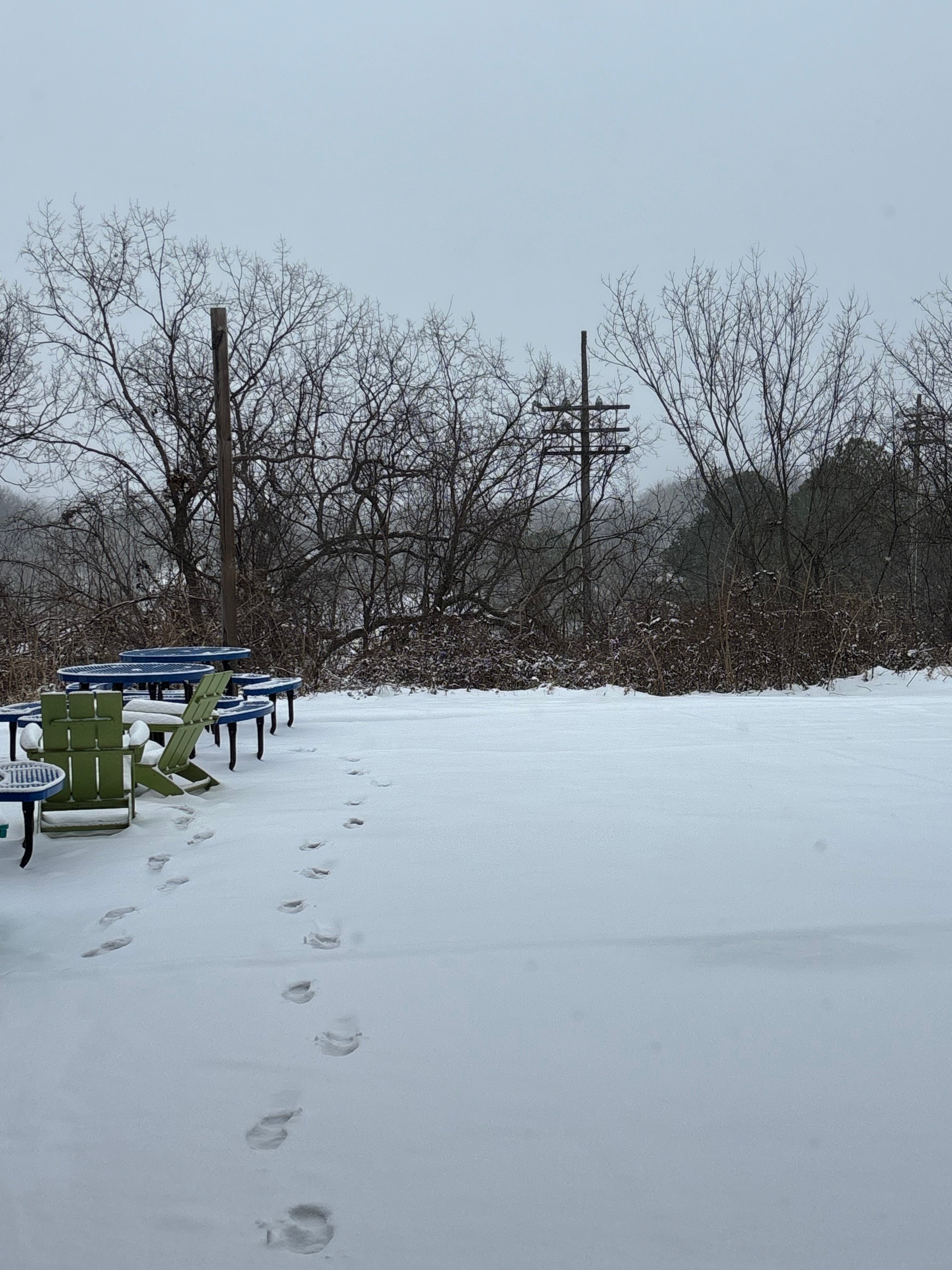![]()
Sept. 28, 1995
We want the Web, and We Want it Now By: Lucas Roebuck
You gotta try this thing. Ladies and gentlemen, I have seen the future and it is called the Web.
Imagine almost all the information in the world available at your fingertips: current Mexican stock reports, the lyrics from Christian pop artist Margaret Becker’s latest release, a virtual-reality shopping mall, a discussion on the latest RISC microprocessor technology and breaking research on cardiovascular muscle tissue.
So what exactly is the World Wide Web? Basically the Web is a group of standard information exchange systems (protocol) which lets people who have information they want the world to have put it on their special computers (called servers). Then through the Internet (a worldwide network of computers), people who want the information can call up all the Web servers all over the world. The real beauty is that the Web is easy to use. You can type in the address and point and click on special colored text (hypertext), and it will take you where you want to go to the information you want.
When you get past the tech lingo, you’ll find the Web is probably as important an advancement as the light bulb, television and telephone. What is even better is that, thanks to the efforts of some faculty members, the web is now available to JBU students on many computers found in the ACC lab.
The Web has drawn fire because it is open to all people, including porn magazines such as Hustler and Playboy, and even worse black market pornographers. Even now, Congress is considering legislation which will restrict this type of content on the Internet.
Porn on the Net seems to always raise an eyebrow. Should we allow unrestricted access to the Internet if students can use the Web to receive pornographic materials?
The answer is yes. If JBU administrators decide to limit Web access because of potential porn access, then they should get rid of all VCRs as well. Anyone over 18 can walk over to a video store and pick up a triple X-rated adventure. While we are at it, let’s make it a violation for JBU students to go to the convenience store because, for a few dollars, they can pick up a porn magazine there too.
If students want porn, they can get it, Internet or not. Fortunately, the administration staff has done an excellent job in selecting students with high moral qualities who are mature enough to choose not to partake in these lusty mediums … If you have been standing on the computer sidelines, the Web is a really good reason to get more familiar with your local PC or MAC.
Now:
It is 2019 and JBU has had campus-wide WiFi and internet access for 12 years. Most students own a smartphone and a laptop, and many are reliant on consistent internet access to do their schoolwork.
“Just about everything has changed about technology since 1995,” Anna Messerly, the client support specialist in information technology services, said. “I mean, basically nothing that we did then is what we do now because everything has improved or been replaced by something else.”
Messerly said one of the main problems the Help Desk comes across is the on-campus WiFi not being able to accommodate all of the devices trying to connect. “Every student has at least two, if not three to four devices that they’re trying to connect,” she said. “Our infrastructure isn’t necessarily created to handle so many at a time.”
When Messerly was a student at JBU from 2001-2004, students had internet access in the dorms but had to connect via ethernet ports.
“We had to get actual internet cards. You had to buy a card to make your laptop or computer internet capable,” Messerly said. She began her career as a teacher after graduating from JBU, and saw a huge leap in technology in her time as a teacher.
“We went from using overhead projectors, that’s how I started teaching was an overhead projector, to a Smartboard,” Messerly said. “That was my teaching career, and that only happened in 10 years.”
Darren Gould, the AVL specialist and head of Golden Eagle Productions at JBU, agrees that internet technology has progressed enormously in his lifetime. Gould’s fascination with computers began in junior high with Dial Up internet access. “We didn’t know how slow it was because it was so much faster than nothing,” he said.
Now, as internet technology rapidly increases, the demand for faster and faster internet also increases. Messerly said one of the big questions the Help Desk has to think about is, “How are we going to manage keeping up with student demand and what they need to use and also be able to afford it?”
In the article above, the internet was still relatively new. Students and administration on campus were originally concerned that campus-wide access to the internet would lead students to access more porn. Nowadays, Gould said access to porn is a small issue compared to other dangers that exist on the internet.
“I think we’ve managed it here on campus so it’s not a big, huge issue. Students still struggle with it, I suppose, but there are way other scarier things out there,” Gould said. “That’s the scary part of it, that there’s people actually weaponizing it. It’s kind of terrifying actually if you think about it.”
The weaponizing of the internet can lead to misinformation and the lack of credibility for legitimate online sources. “If we weren’t paying attention before, we ought to be paying attention now,” Gould said. “What is your news source, and are you vetting these ideas that you’re finding?”
While information on the internet can indeed be falsified, Gould thinks that the benefits of worldwide internet access can still be used to do a lot of good.
“You’ve got the world walking around with a screen in their pocket, and this is even in countries where they don’t even have a phones system, really,” Gould said. “It’s the first time in the world’s history that you can create a message and the world can see it that day.” Gould hopes that students will harness this power for entrepreneurial and educational purposes.
“Especially as a Christian institution, we should be actively involved in helping our students create content for the little TV screens we have in our pockets. I’ve always believed that, I think it’s very important,” he said. “Students can literally, with zero dollars, zero advice, zero help, zero insight, can go and actually create content and be influencers. This is a huge advantage and a huge problem, depending on if you’re training students or not.”
In the past, Gould has had students come up with class projects that could be turned into viable careers. “You struggle and worry and your parents ask you about the job you’ll be getting when you graduate, but you literally can create your own job. You see a need, you have a passion for it, you can create your own job,” Gould said. “The amount of information at our fingertips I think is astounding. It’s how we use it I think that is really important.”




